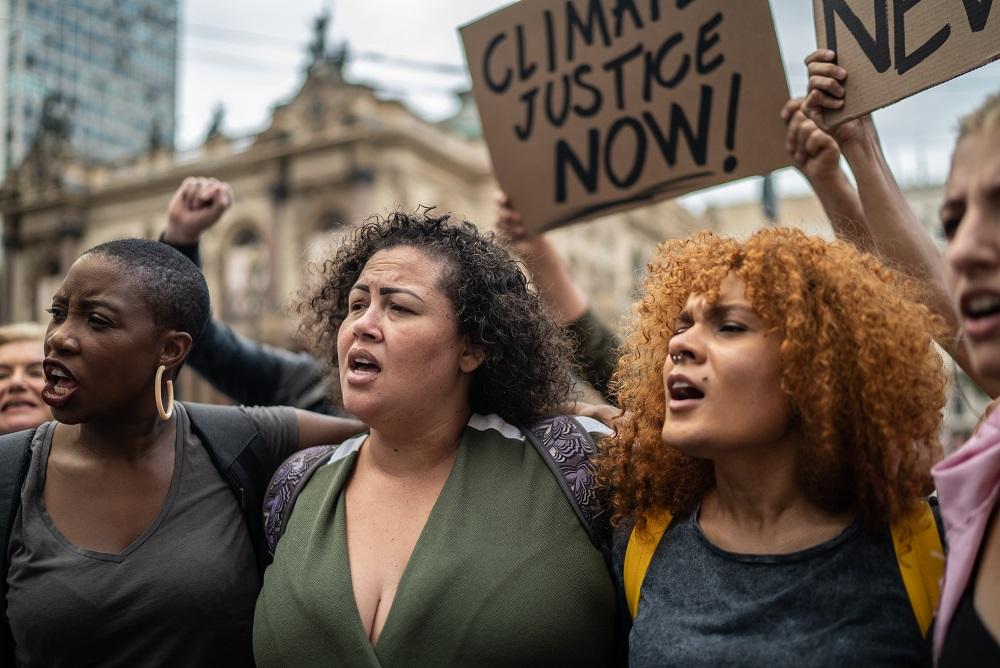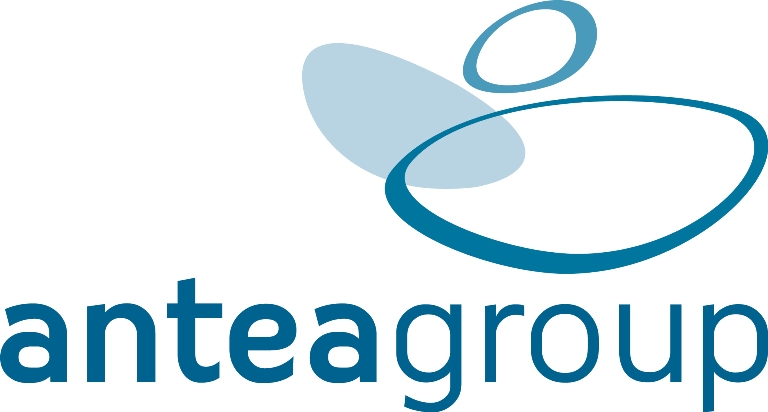Why Environmental Justice Is Becoming Too Big an Issue to Ignore

Why Environmental Justice Is Becoming Too Big an Issue to Ignore
The recently signed Inflation Reduction Act injected $369 billion into climate solutions and environmental justice, a major milestone on America’s path to a 40% reduction in carbon emissions by 2030.
With this federal investment in environmental justice (EJ) initiatives, it is important for business leaders to understand what EJ is, why it is such an urgent and newsworthy subject, and what role businesses play in ensuring the safety and equity of the communities they serve.
What Is Environmental Justice?
The Environmental Protection Agency (EPA) defines Environmental Justice (EJ) as “the fair treatment and meaningful involvement of all people regardless of race, color, national origin, or income, with respect to the development, implementation, and enforcement of environmental laws, regulations, and policies.”
Environmental justice addresses the reality that it is often lower-income and marginalized communities that bear the brunt of hazardous environmental practices. The goal of EJ is to create equity in terms of access to and influence over decisions that impact these communities.
A Short History of Environmental Justice
The mid-1990s saw a rise in awareness of EJ at the federal level. The Environmental Equity Work Group was formed to guide the development and use of Permit Screening, EJ Action Plans, and EJ Toolkits. Today the EPA has several resources available for communities who wish to strengthen and advance the EPA’s goal of environmental justice.
In 2021, the EPA Administrator Michael S. Regan embarked on a Journey to Justice. Throughout this tour, Administrator Regan visited metropolitan areas in Mississippi, Louisiana, and Texas to gain insight into what local communities needed for achieving more equitable environmental policies.
The culmination of many years of effort and insight from campaigns like the Journey for Justice resulted in funds being allocated to EJ through key parts of infrastructure and climate legislation signed into law by the Biden Administration. In addition, there has been decades of hard work and combined community efforts in advancing environmental justice via self-education, elevating the voices of impacted communities, voting, and more.
Environmental Justice News and Challenges
These are some of today’s most high-profile news items in the field of environmental justice:
Within his first week in office, President Biden signed an executive order that established the Justice40 Initiative. The purpose of this initiative is to make good on a goal set by the Federal Government to invest 40% of the overall benefits of certain federal investments toward addressing climate issues and pollution faced by disadvantaged and marginalized communities.
In response to this stated goal, an independent coalition of environmental and social justice professionals and advocates was formed to create an accountability framework for ensuring the administration is funding work that creates real change for local communities.
Inflation Reduction Act funds for Environmental Justice
The Inflation Reduction Act contained language that allocates $369 billion to fund environmental initiatives, with roughly $47.5 billion earmarked for programs that support environmental justice. According to the White House, “The law will improve public health, reduce pollution, and revitalize communities that are marginalized, underserved, and overburdened by pollution while increasing access to affordable and accessible clean energy.”
The Washington Post spoke with citizens in Port Arthur, Texas, who are worried that some concession to pass the legislation could mean EJ for their community will be stifled by the oil industry. The article cites studies that link living near these refineries to an increased risk of developing kidney disease and cancer. In fact, when compared to the state of Texas averages, the Port Arthur mortality rate from lung cancer is 29% higher and reports of chronic kidney disease are 21% higher.
Jackson, Mississippi drinking water crisis
A drinking water crisis in the city of Jackson, Mississippi struck at the intersection of the climate crisis and environmental racism. Extreme flooding struck Jackson in late August, damaging the water treatment plant and leaving the city without safe drinking water well into September.
This isn’t the first drinking water crisis for the majority-Black metropolitan area, either. In 2020 when freezing temperatures damaged a water treatment plant, some areas of Jackson were without drinking water for six weeks.
The infrastructure bill passed in late 2021 includes $50 billion to improve the country’s drinking water and wastewater systems. The problem, however, lies in how that money is allocated. The federal government hands funds over to the states, who then determine which projects to fund. Given the state of Mississippi is once again in the national spotlight for the role certain administrators reportedly played in a $5 million welfare fraud scandal, the citizens of Jackson aren’t confident that their city will receive the funds they so desperately need.
What to Do About Environmental Justice
Business leaders play a vital role in enabling greater environmental justice within the communities they serve.
The action steps your organization can take toward proactive EJ include:
- Risk evaluation. There are tools you can use to identify your risk exposure. These tools also offer suggestions for remediation and mitigation.
- .Once you have identified your risk elements you can budget and plan for improvements. This will help your organization’s leadership understand the weight of ignoring EJ risk factors.
- Have your House in Order. Increased funding also translates to increased scrutiny of industry. Have all of your permits and environmental documentation in order as inspections are expected to increase in frequency.
- Communicate with the community. Transparency and honesty are key to enacting meaningful EJ. Communicate improvement and mitigation strategies with the people who are directly affected.
Looking for a more in-depth conversation about current environmental justice issues? Check out our 2022 Webinar, The Environmental Justice Movement: Turning Concepts into Action. Watch On-Demand Here
About Antea Group
Antea®Group is an environment, health, safety, and sustainability consulting firm. By combining strategic thinking with technical expertise, we do more than effectively solve client challenges; we deliver sustainable results for a better future. We work in partnership with and advise many of the world’s most sustainable companies to address ESG-business challenges in a way that fits their pace and unique objectives. Our consultants equip organizations to better understand threats, capture opportunities and find their position of strength. Lastly, we maintain a global perspective on ESG issues through not only our work with multinational clients, but also through our sister organizations in Europe, Asia, and Latin America and as a founding member of the Inogen Alliance. Learn more at us.anteagroup.com.

